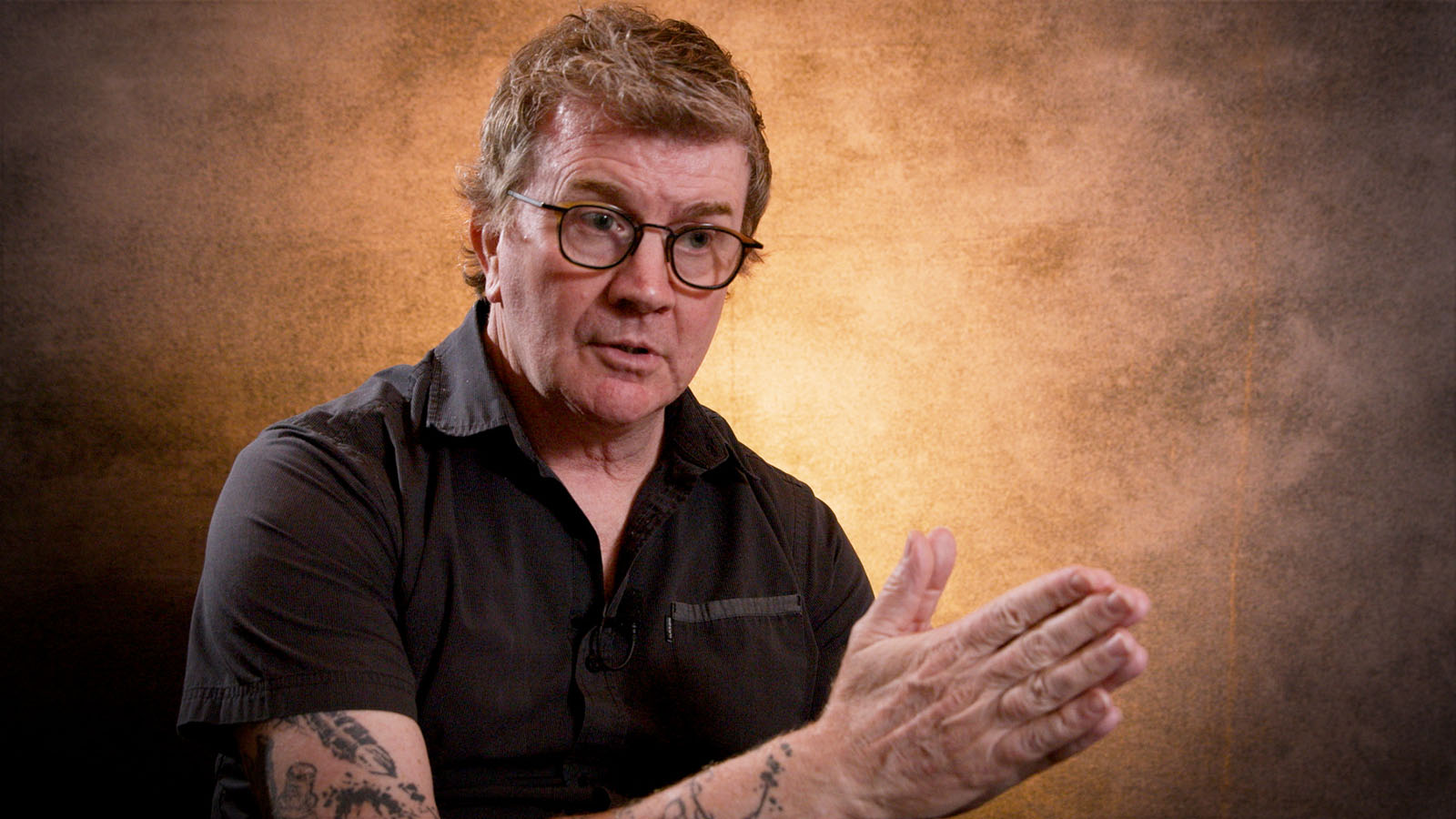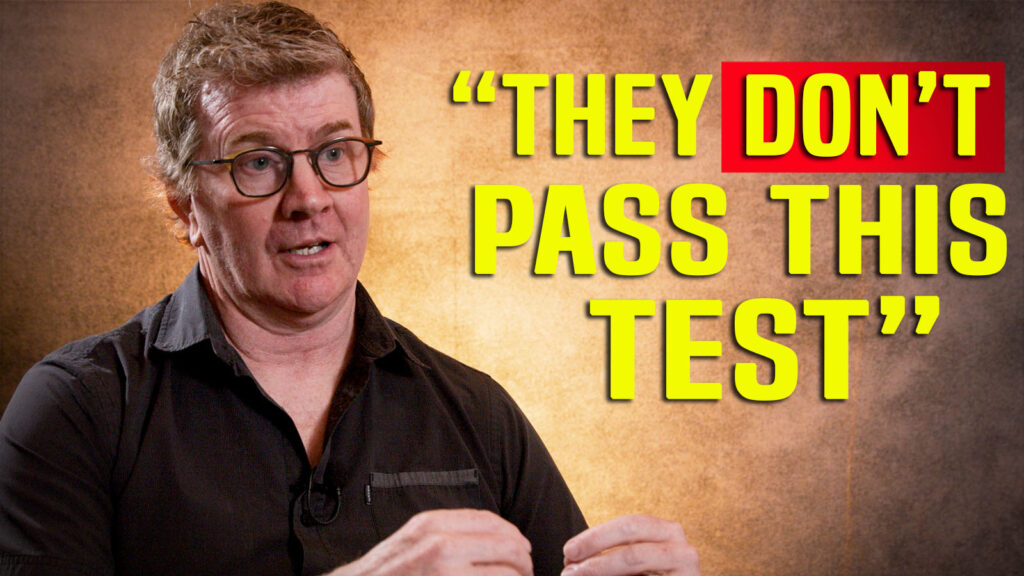[Watch the video interview on Youtube here]
Film Courage: Can you talk about how characters must have a super objective and what happens if this goes away?
Steve Douglas-Craig, Owner/Teacher at The New Screenwriter, Financier, Screenwriter and Producer: Yes, this is one of my favorite subjects and I do a little bit of teaching so I come from this, especially from the development world. Some of the more effective films they follow a character’s main want. By super objective for me there are people who are not structuralists. I would call myself a structuralist and I believe in a three-act structure. I believe that structure exists for a reason, not just in film but it’s transferred into TV, into even seasons of television you have a three-act structure if you really break them down, that’s for a reason. Screenplays have big beats, they have a pulse. Those big beats are designed to be in there for a reason. They usually have a lot to do with the main point of view or your main character.
If I was to get very technical about it, by page 10 when I’m reading a script, I’ll know if the script’s any good and I’ll know if the person can write. It’s usually because around that point you’re looking at an inciting incident. What’s usually the function of an inciting incident is it explores the main character or main point of view of the entire journey into two parts. One is, what do they want? nNw they could want little things along the way in each scene or each sequence of scenes, but what’s the main objective? What are they trying to do? Michael Douglas in Falling Down, if you’ve ever seen Falling Down (Joel Schumacher’s best film), he wants to just get home, he gets caught in traffic…(Watch the video interview on Youtube here).
About:
After graduating from the AFI, Steve Douglas-Craig was recruited by Sony Pictures Entertainment to work as a Story Editor & Acquisitions Executive for the Worldwide Acquisitions team in Los Angeles where he received an induction into story & business development, feature film packaging, domestic & international distribution, theatrical marketing & product acquisition. He helped develop & shepherd film titles including Terminator: Salvation, The Book of Eli, Django Unchained, War Room, Don’t Breathe (Sequel current in post-production), the Insidious horror movie franchise, Manchester By The Sea, The Grudge (reboot), Searching, Arrival, Whiplash, The Call, Attack The Block & many others (including TV releases – The Tudors, House of Cards). Steve’s tenure at Sony Pictures Worldwide Acquisitions was followed with a promotion to Senior Story Editor & Creative Executive at Screen Gems where he was involved in the development & release of theatrical titles like the recent releases of Monster Hunter & the adaptation of James Herbert’s novel – The Unholy. Before that he helped shepherd Black & Blue, The Intruder, Possession of Hannah Grace, Brightburn, & Slender Man. He was also heavily involved in developing content strategies that attracted financiers & talent to specific projects for the studio. Steve is also a professional screenwriter having worked as a freelance staff writer for the hit CBS TV series Hawaii Five-O over a number of seasons & currently has a pilot & several feature films (including a creature feature) going out through his literary managers in Los Angeles.
MORE VIDEOS WITH STEVE DOUGLAS-CRAIG
CONNECT WITH STEVE DOUGLAS-CRAIG
Advertisement – contains affiliate links
(As an Amazon Associate I earn from qualifying purchases)

Check out Film Courage on Patreon!
More affiliates:
Camera we use for interviews – https://buff.ly/3rWqrra
Sound we use for interviews – https://amzn.to/2tbFlM9
Other books on Amazon that Film Courage recommends – https://buff.ly/3o0oE5o





























